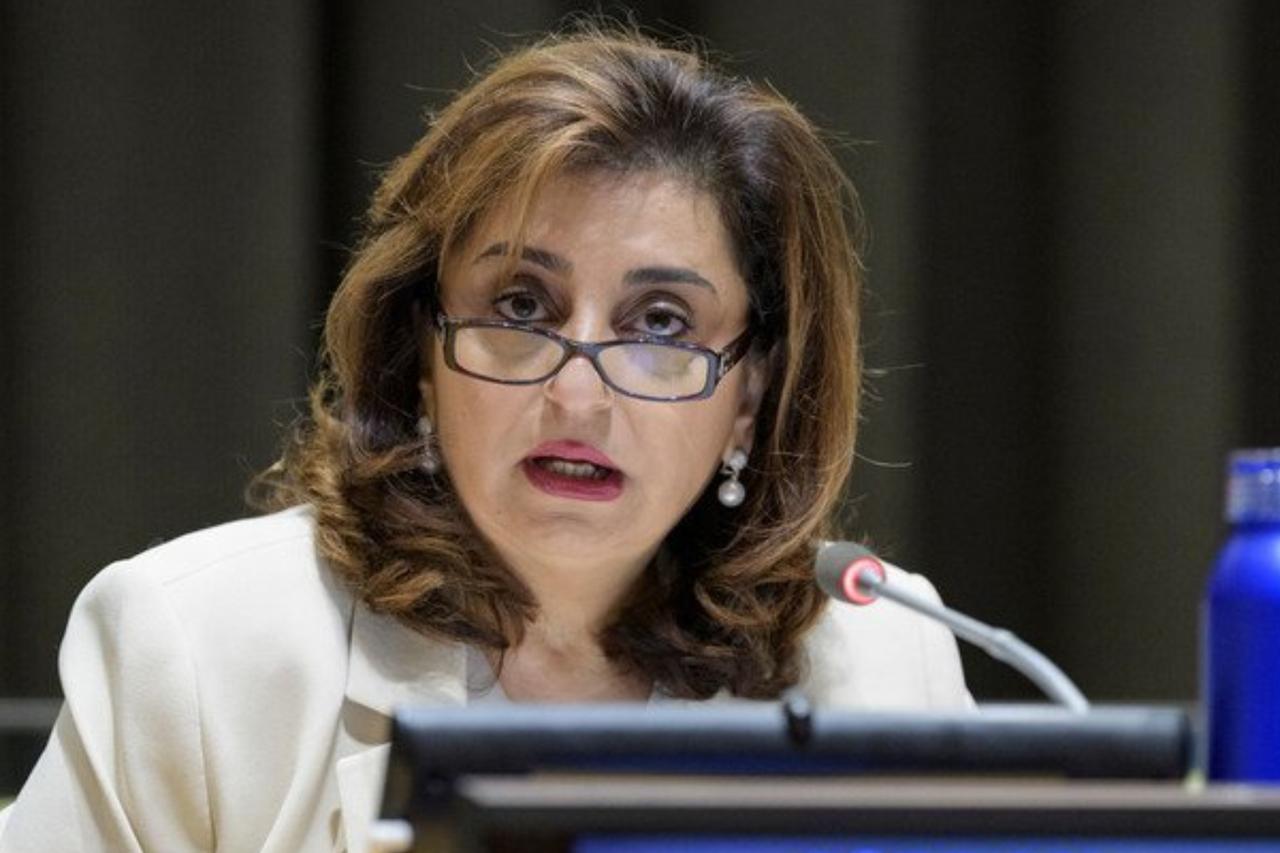
The head of UN Women warned Monday that declining financial support for women-led organizations in conflict zones threatens decades of progress on gender equality in peacebuilding, as the international community prepares to mark a quarter-century since landmark legislation on women's role in peace processes.
Executive Director Sima Bahous told the UN Security Council that rising military expenditures and growing resistance to gender equality initiatives are undermining the foundation of global security, speaking ahead of the 25th anniversary of Resolution 1325 — the groundbreaking measure that recognized women's critical role in preventing conflict and building peace.
"The secretary-general has just spoken about how current financing trends are endangering the viability and safety of women-led organizations in conflict-affected countries," Bahous said during the session. "There is no alternative but to change course and to invest significantly in women's organizations on the front lines of conflict."
Resolution 1325, adopted in October 2000, was the first Security Council resolution to address the disproportionate impact of armed conflict on women and recognize their contributions to conflict resolution and sustainable peace. The measure called for increased participation of women at all levels of decision-making in peace processes.
However, Bahous characterized the implementation of the resolution as disappointing, citing "weak implementation and chronic underinvestment" in women's participation despite what she called "bold, admirable commitments" from the international community over the past 25 years.
The warning comes as conflicts worldwide have displaced record numbers of people, with women and children bearing the brunt of humanitarian crises. Current global military spending has reached unprecedented levels, surpassing $2.4 trillion in 2023 according to international monitoring groups.
Bahous emphasized that women continue to play crucial roles in peacebuilding despite the challenges. "Despite the horrors of wars and conflict, women continue to build peace," she said.
The UN Women chief also addressed the ongoing Gaza conflict, joining Secretary-General Antonio Guterres in welcoming "the positive responses to President Donald Trump's proposal to end the Gaza war." She called for a lasting ceasefire, the release of all hostages, and improved humanitarian access to the territory.
Looking ahead, Bahous outlined five priorities for strengthening the women, peace and security agenda, including what she termed "affirmative action to ensure women take their rightful place at the peacemaking tables" and measures to end violence and impunity against women in conflict zones.
She also called for stronger accountability mechanisms that "make failures visible and have consequences" when commitments to women's participation in peace processes are not met.
"When women lead, peace follows," Bahous concluded. "We made a promise to them 25 years ago; it is past time to deliver."
The anniversary of Resolution 1325 comes at a time when women's rights advocates report increasing restrictions on women's participation in public life in several conflict-affected regions, raising concerns about the erosion of progress made since the resolution's adoption.